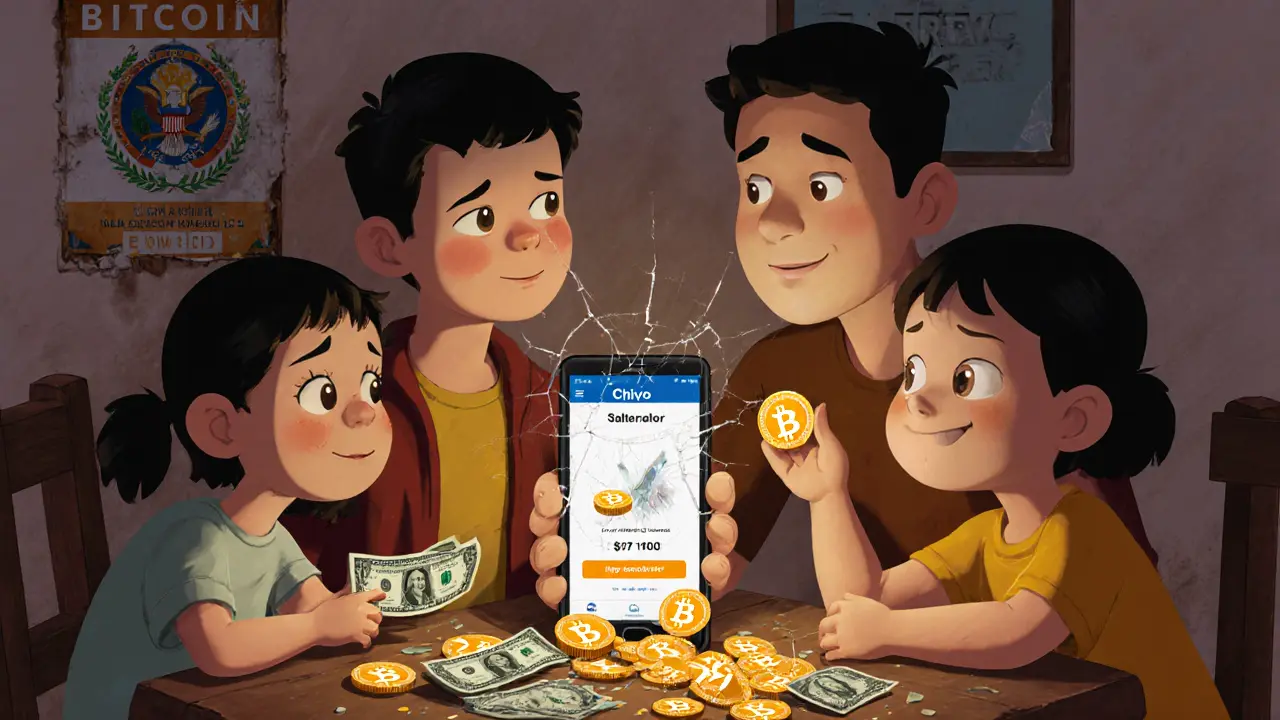El Salvador crypto: How the nation went all-in on Bitcoin and what it really means
When El Salvador crypto, the first country to adopt Bitcoin as legal tender alongside the U.S. dollar. Also known as Bitcoin nation, it sparked a global debate about money, sovereignty, and who really controls financial systems. In September 2021, El Salvador didn’t just experiment with crypto—it made Bitcoin a real way to pay for coffee, bus rides, and electricity bills. This wasn’t a pilot program or a tax incentive. It was a law. And it changed everything.
Before this, most governments treated crypto like a risky gamble. El Salvador treated it like infrastructure. The government launched the Chivo wallet, gave people $30 in Bitcoin just for signing up, and installed hundreds of Bitcoin ATMs across the country. But here’s what no one talks about: most people never used Bitcoin to buy anything. They cashed out fast. Why? Because prices swung wildly, and most didn’t trust it as real money. The real win wasn’t payments—it was remittances. Nearly a quarter of El Salvador’s economy depends on money sent from abroad, mostly from the U.S. Sending cash through Western Union used to cost 10-20%. With Bitcoin, that dropped to under 2%. For families relying on those dollars, that’s life-changing.
But not everything worked. The World Bank refused to help fund the Chivo wallet. International lenders pulled back. And the country’s credit rating dropped. Meanwhile, the Bitcoin adoption, the process of integrating Bitcoin into daily economic life. Also known as cryptocurrency integration, it became a political symbol more than a practical tool. Critics called it a distraction. Supporters said it was about breaking free from U.S. financial control. Either way, it forced the world to ask: Can a small country really redefine money? And if so, what happens when the hype fades?
What’s clear now is that El Salvador didn’t just try Bitcoin—it tested the limits of what a nation can do when it bets everything on crypto. The results are messy, real, and full of lessons. You’ll see posts here about how governments seize crypto, how exchanges get banned, and how people in high-risk economies use digital money to survive. El Salvador’s story isn’t about getting rich. It’s about what happens when a country says: We’re done waiting for permission.
Chivo Wallet and Bitcoin in El Salvador: What Went Wrong and What’s Left
El Salvador’s Chivo wallet was meant to revolutionize finance with Bitcoin. But after a volatile rollout, technical failures, and IMF pressure, Bitcoin lost its legal tender status in 2025. Here’s what actually happened - and what’s left.
